Beach clean unearths stubborn rubbish
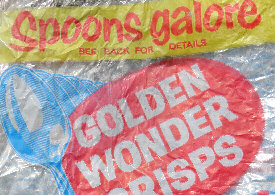 SAS volunteers uncover plastic packaging that has been on UK beaches for almost as long as The Queen’s reign.
SAS volunteers uncover plastic packaging that has been on UK beaches for almost as long as The Queen’s reign.
As the nation celebrates The Queen’s Diamond Jubilee this weekend, Surfers Against Sewage (SAS) is calling on the public to help curb the amount of plastic rubbish ending up on UK beaches. With hundreds of thousands of people set to visit coastal resorts on this very special long weekend, SAS is revealing the true and shocking persistence of marine litter, particularly plastics, on our beaches and in our oceans.
At a recent beach clean, SAS volunteers were shocked at the age of some marine litter items they uncovered at Saunton Sands, North Devon. Some plastic items found during the event dated back to 1967, including 2 virtually fully intact Golden Wonder crisp packets. Other items uncovered at recent SAS beach cleans include:
• Pre 1973 Coca-Cola can
• 1968 Golden Wonder Crisp Packet
• A 1990 Snickers Bar wrapper, highlighting the rebrand from ‘Marathon’
• 1967 Golden Wonder Crisp Packet (The 45 year-old crisp packet was found by local SAS volunteer Neil Phillips)

Golden Wonder Crisp Packet
1967 was the year the Torrey Canyon ran aground off Cornwall causing an environmental disaster of epic proportions with the spill of 120,000 tonnes of crude oil. The oil from this disaster, the worst of its kind to occur in UK waters, was eventually cleared from Cornish beaches, leaving dead an estimated 15,000 seabirds and untold numbers of marine organisms. Fortunately, the marine environment has had the time to recover from this ecological catastrophe. Sadly the same cannot be said for the marine litter crisis that is hitting the UK coastline and the global marine environment, with levels of marine debris consistently rising.
On the eve of World Environment Day (5th June), these ‘historic’ marine litter items act as a stark public reminder of the persistence of plastic in the marine environment. Packaging from everyday items such as drinks and snacks can cause a long-lasting and devastating impact to our coastal environment, so we must all play our part in taking away our litter when we leave the beach.
Plastic marine litter is responsible for the deaths of over 1.5 million marine birds, turtles and mammals every year. Approximately 100 million tonnes of post-production plastics have now entered the marine environment, equating to 5% of all the plastics ever produced. Ocean micro-plastics now outweigh plankton in the world’s oceans and are ingested by plankton feeders.
Marine litter is also causing a significant aesthetic change to beaches everywhere with the addition of plastic bottles, fishing netting, cotton bud sticks, carrier bags and confectionary wrappers becoming an all-too common sight alongside seashells, cuttlefish bones and seaweed.
SAS is calling on the UK public to help stop this building environmental crisis by ensuring that they take their litter home to recycle and, wherever possible, by picking up two or three extra pieces of plastic debris* when visiting the beach. The Great British public has the power in its hands to make a huge difference in solving the marine litter crisis!
*SAS advises the public not to touch sharp or dangerous objects that may cause them harm. SAS also advises the public to wash their hands thoroughly after removing marine litter
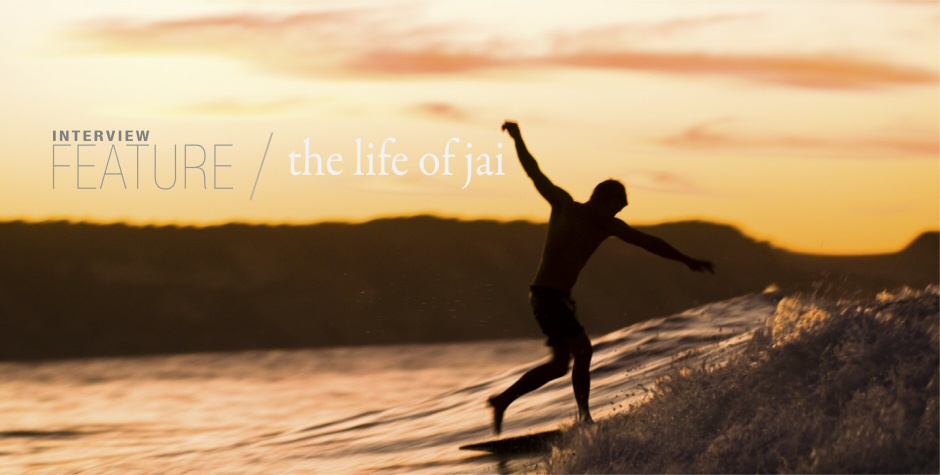
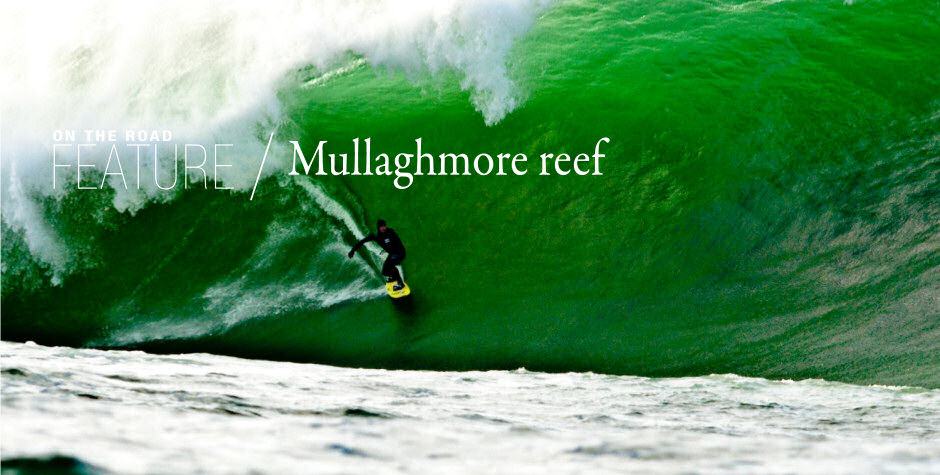
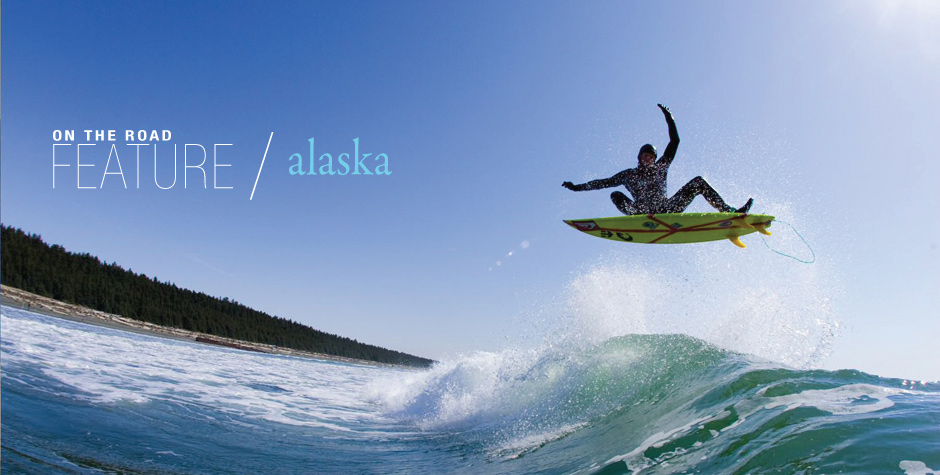
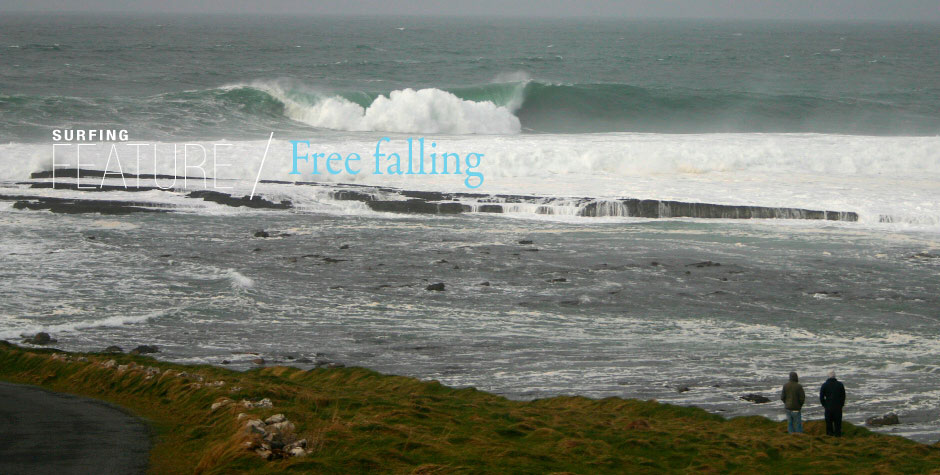
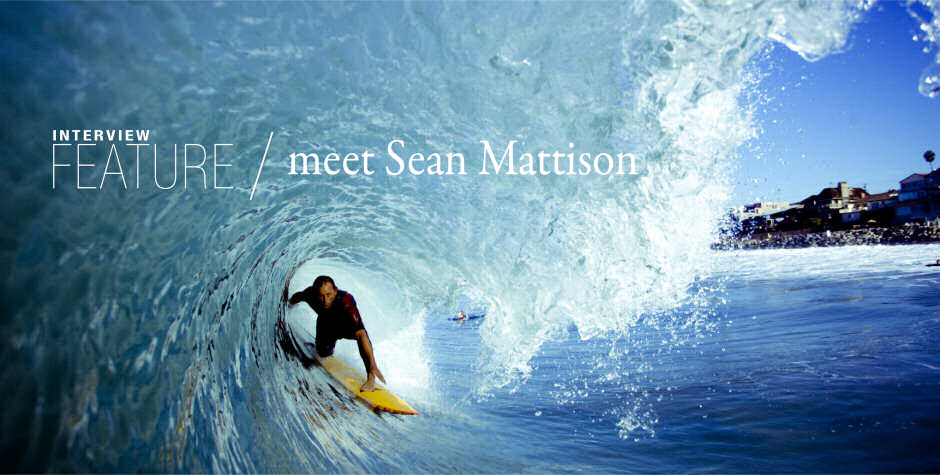
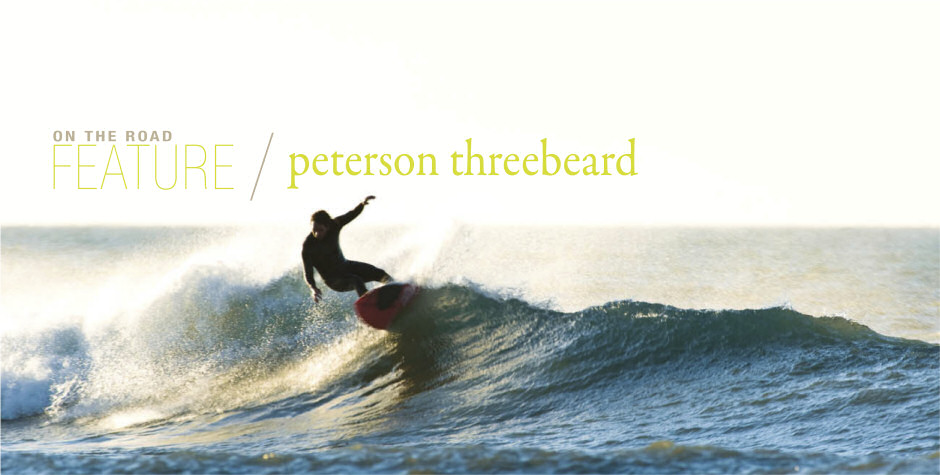


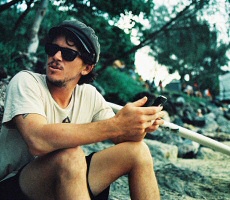
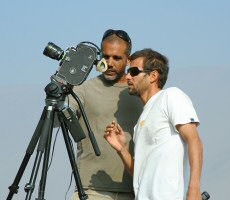
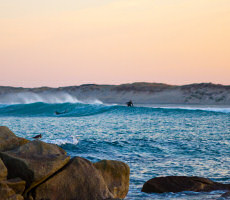
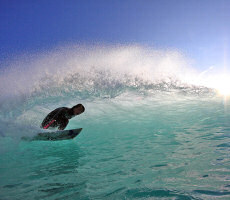
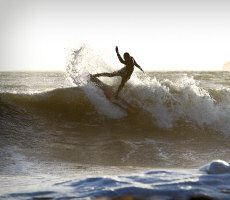
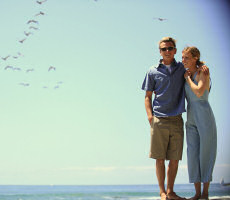
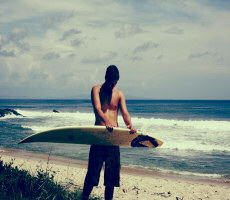

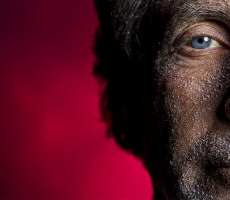
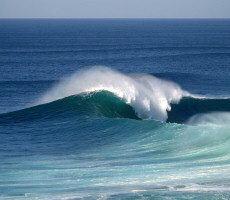
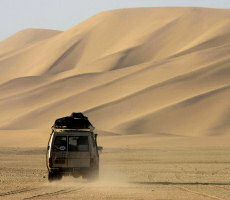
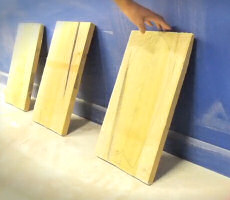
this is mental! bins not beaches!
1salt and vinegar spoons?
2GOOD on SAS waging the war in the UK against this global issue! Trash in the ocean is coming back to us in the fish we eat! Scary! http://www.mastersdegree.net/ocean-garbage/
3